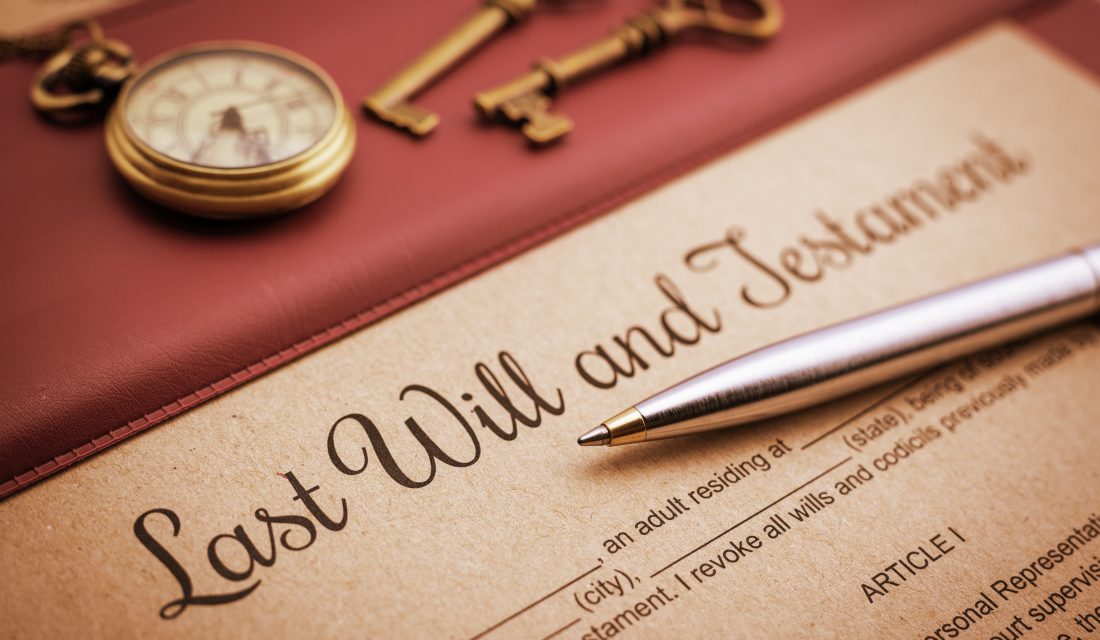Calif. Civil Code §2920.7
Added by S.B. 1150
Effective date: January 1, 2017
This new law applies to successors, defined as natural persons who:
- are the spouse, domestic partner, joint tenant, parent, grandparent, adult child, adult grandchild or adult sibling of a deceased owner of a one-to-four unit principal residence;
- continuously occupied the property within the six months prior to the owner’s death;
- currently occupy the property; and
- are not in a legal dispute regarding the property.
This new law does not apply to federally chartered or state-chartered banks that foreclosed on 175 or fewer one-to-four unit California residential properties during the last reporting year.
Before a mortgage servicer may record a notice of default (NOD) on a one-to-four unit principal residence after being notified of the owner’s death by a non-borrowing successor, the mortgage servicer needs to:
- make a written request for proof of the owner’s death and provide at least 30 days for receipt of the proof; and
- make a written request for proof of the successor’s ownership interest and provide at least 90 days for receipt of the proof.
Proof of the successor’s ownership interest may be:
- probate letters, e.g., letters of administration;
- the deceased owner’s will or trust document;
- a revocable transfer on death deed;
- an affidavit of death of joint tenant;
- an affidavit of death of a spouse from a surviving spouse when the property was held as community property;
- a deed from a surviving spouse showing the residence was community property with the right of survivorship; or
- a certification of trust or other trust documents.
Within ten days of receiving the requested proof and determining the successor’s validity, the mortgage servicer needs to provide to the successor information about the mortgage, including the:
- principal balance;
- interest rate;
- interest rate reset dates and amounts;
- balloon payment amount, if any;
- prepayment penalties, if any;
- delinquency status, if applicable;
- monthly payment amount; and
- payoff amount.
The successor retains the deceased owner’s right to:
- all notices and timelines established by foreclosure laws;
- a single point of contact during the foreclosure process;
- foreclosure alternatives; and
- halt the foreclosure and/or pursue the servicer or lender for material violations of laws governing the foreclosure process.
The mortgage servicer will allow the successor to:
- apply to assume the deceased owner’s mortgage; and/or
- apply for a foreclosure alternative offered by the mortgage servicer.
When multiple successors exist, any successors who do not want to assume the mortgage must give written consent to the assumption by the assuming successor(s).
The mortgage servicer may evaluate the successor’s creditworthiness when determining whether to grant the assumption or foreclosure alternative. The mortgage servicer is not obligated to approve the assumption or foreclosure alternative.
These rules sunset on January 1, 2020.
Read more:
Related article:


















